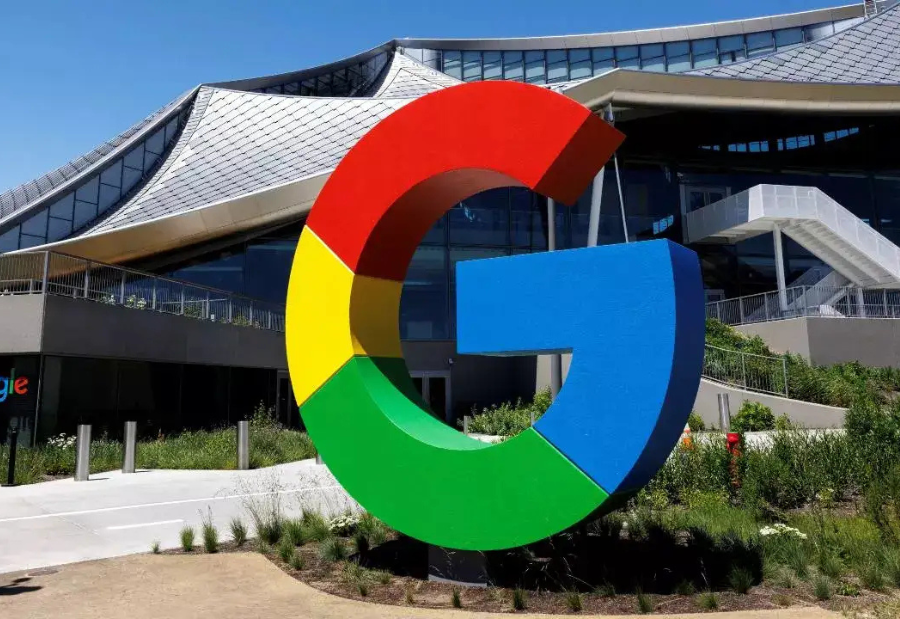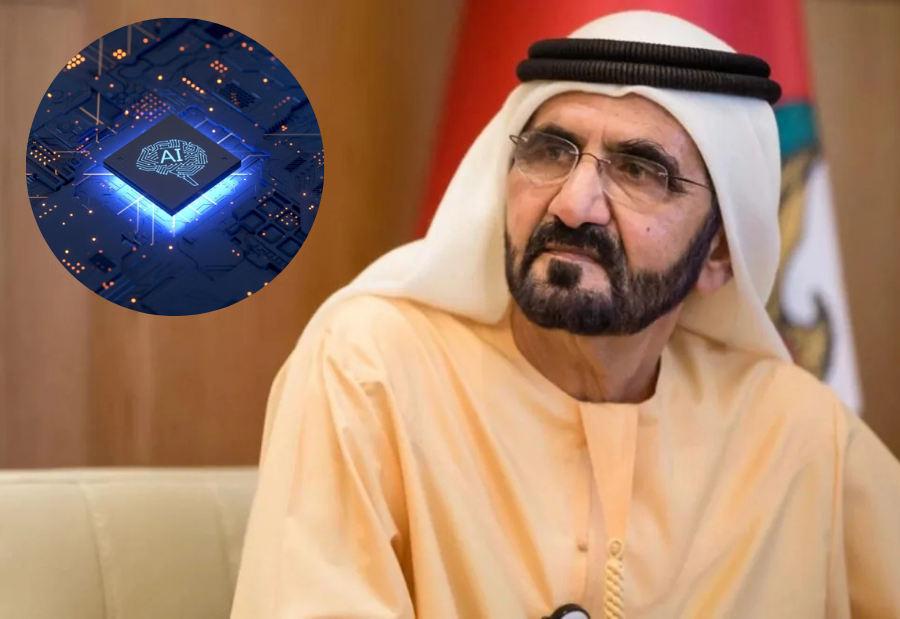Google announced AI-powered security measures in its complete Safety Charter for India on Monday, which may save Indian companies from losing up to ₹20,000 crore to cybercrime by 2025. The idea comes as scammers are increasingly employing deepfakes and AI-generated material to trick victims, with UPI-related crimes alone costing Indians over ₹1,087 crore in 2024.
Three main elements are introduced by the Safety Charter: safeguarding end users from online fraud, improving cybersecurity for public infrastructure, and responsibly developing AI. With fraud awareness efforts, Google’s DigiKavach initiative has already reached 177 million people. With an official agreement with India’s Cyber Crime Coordination Centre (I4C), the program will grow.
“The digital sphere can be an engine of growth only as long as the citizenry that use it feel safe,” said Preeti Lobana, VP and Country Manager for Google India, emphasizing trust as the foundation of India’s digital economy.
AI-powered protection shields millions from daily scam attempts
Across various consumer platforms, Google’s AI technologies are already producing remarkable outcomes. Google Pay has shown 4.1 crore cautions against potentially fraudulent transactions, while Google Messages now uses AI-powered scam detection to shield customers from over 500 million questionable messages each month.
Thanks to sophisticated AI integration, including massive language models, the company’s search engine now detects 20 times more fraudulent pages before they do damage. Since its October 2024 test launch in India, Google Play Protect has prevented around 6 crore attempts to install high-risk applications, shielding more than 13 million devices against possible malware infections.
Google terminated 2.9 million accounts for violating its policies and deleted 247 million bogus advertising in 2024 alone. By mandating rigorous adherence to regional laws, the company’s improved Financial Services Verification policy has significantly decreased bogus financial marketing.
Over 99.9% of spam, phishing, and malware efforts are still automatically blocked by Gmail, protecting 2.5 billion inboxes worldwide. More than 2.5 billion warnings are sent to Android users against accessing dubious URLs from senders they are not familiar with; all detection takes place on the device to protect privacy.
Enterprise security gets quantum-ready upgrades
Google is bolstering government and business cybersecurity infrastructure in addition to protecting consumers. Recently, the company’s Project Zero team, working with Google DeepMind, used AI agents to locate a serious vulnerability in SQLite. This is the first time that AI has been shown to identify security problems in real-world software.
Google is spending $5 million through Google.org to open more cybersecurity clinics around Asia-Pacific, including collaborations with Indian institutions to improve the security skills of small and medium-sized businesses in the region. The project expands upon a $15 million pledge made to the Asia Foundation’s APAC Cybersecurity Fund in the past.
By working with IIT Madras on Post-Quantum Cryptography research, the corporation is also developing quantum-resistant security and is ready for potential future threats brought on by quantum computing capabilities.
The SynthID technology, which has now watermarked more than 10 billion pieces of AI-generated material, stringent testing, and AI-assisted red teaming are all components of Google’s responsible AI strategy. In particular, the company’s IndicGenBench project optimizes language models for precise performance in 29 Indian languages.
“Safety is a shared responsibility,” the charter emphasizes, calling for collaboration across law enforcement, banks, civil society, and government bodies to create a resilient digital ecosystem for India’s 1.4 billion citizens.
Also read: Viksit Workforce for a Viksit Bharat
Do Follow: The Mainstream formerly known as CIO News LinkedIn Account | The Mainstream formerly known as CIO News Facebook | The Mainstream formerly known as CIO News Youtube | The Mainstream formerly known as CIO News Twitter |The Mainstream formerly known as CIO News Whatsapp Channel | The Mainstream formerly known as CIO News Instagram
About us:
The Mainstream formerly known as CIO News is a premier platform dedicated to delivering latest news, updates, and insights from the tech industry. With its strong foundation of intellectual property and thought leadership, the platform is well-positioned to stay ahead of the curve and lead conversations about how technology shapes our world. From its early days as CIO News to its rebranding as The Mainstream on November 28, 2024, it has been expanding its global reach, targeting key markets in the Middle East & Africa, ASEAN, the USA, and the UK. The Mainstream is a vision to put technology at the center of every conversation, inspiring professionals and organizations to embrace the future of tech.




